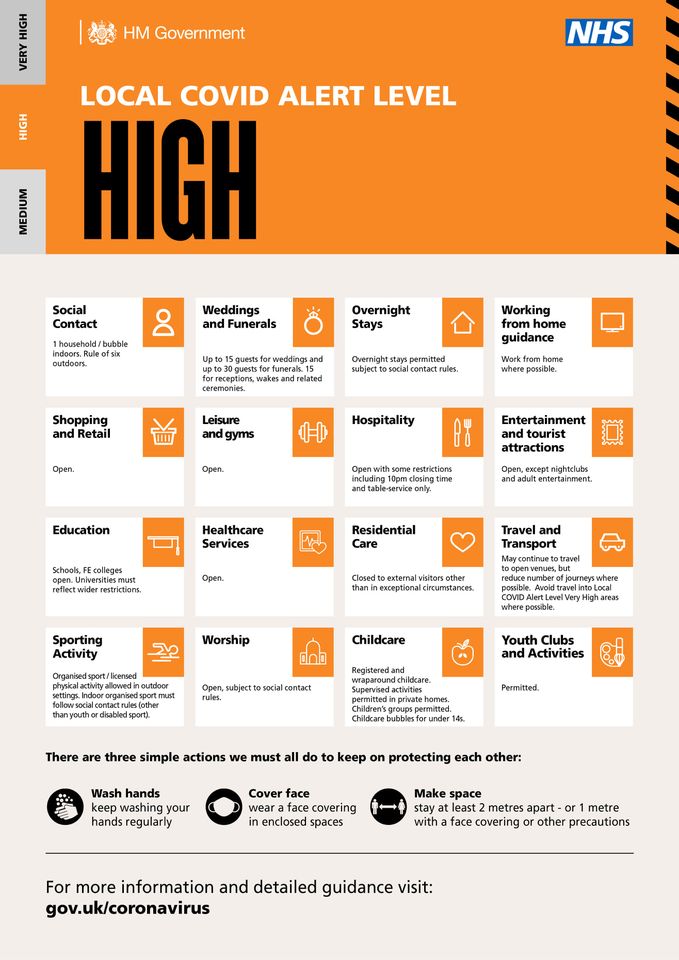latest
Government risks confusing public with COVID three-tier system
Leaders needs to explain why areas with lower infection rates are facing tighter COVID rules
The Government needs to be more transparent about the reasons for its decisions on which parts of the country face tighter restrictions because of COVID-19.
That’s the message from FutureCare Capital (FCC) Director of Policy and Strategy Annemarie Naylor, who said it was unclear to the public why some areas have been placed on high alert and not others.
“We risk confusing people and potentially reducing their willingness to comply with the range of restrictions recently announced by the Government.
Differing alert levels in Essex
“For instance, my own county of Essex is on high alert (Tier 2) except for Thurrock and Southend-on-Sea which are unitary authorities and have opted to remain on Tier 1 and not introduce increased restrictions. “But why hasn’t the government imposed Tier 2 on one or both places? Especially given that the latest data released about the area suggests Thurrock having amongst the highest number of COVID-19 cases per 100,000 people in the county?". Annemarie Naylor, FCC Director of Policy and Strategy

And she added: “The Government and public health leaders have indicated that decisions are not taken solely on the basis of case levels. But the public need to understand the rationale for imposing different restrictions on different places if they are to remain supportive of public health measures more generally. At present, the rationale seems opaque.”
Survey of public health messaging
Earlier this year, FCC commissioned polling from Ipsos MORI to gauge how effective public health messages around COVID had been. The survey found performance had declined over the course of the pandemic and messaging seemed to have become less clear since the first lockdown.
Ms Naylor welcomed the Government’s announcement this week of a new partnership between the Alan Turing Institute and the Royal Statistical Society (RSS) and said she hoped it would lead to greater transparency.
New partnership
The partnership is aimed at providing independent insight and analysis of NHS Test and Trace data.
A new statistical modelling and machine learning laboratory should provide the Joint Biosecurity Centre (JBC) with deeper understanding of how the virus is spreading across the country and the epidemiological consequences.
